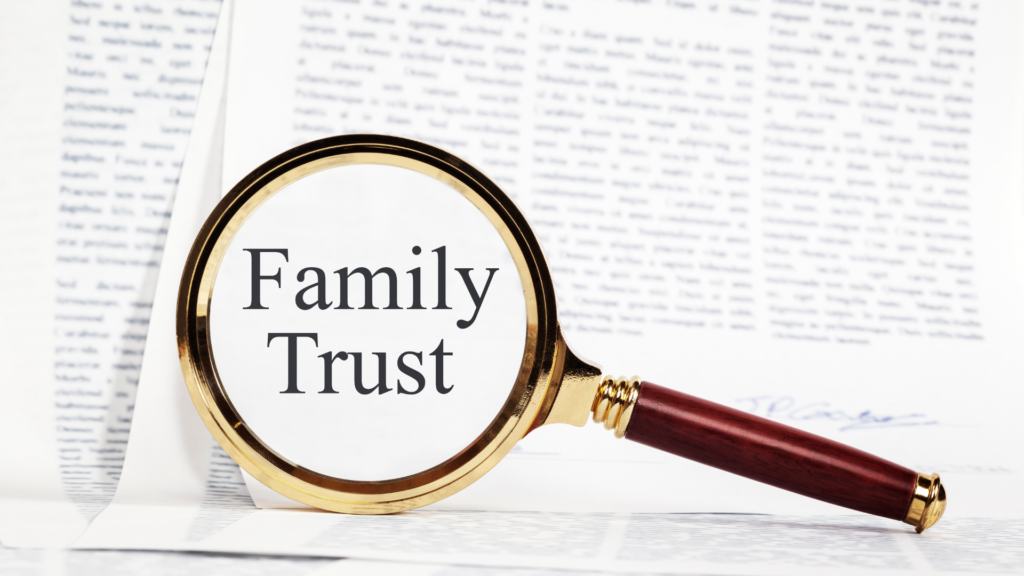How a Family Trust Can Preserve Wealth and Reduce Taxes in Canada

Did you know that a family trust can be used to transfer wealth and preserve family assets as well as reduce taxes in Canada? The key is understanding how a family trust works and how it may fit into your estate plan.
What is a Family Trust?
A family trust is a legal entity created to hold assets. As a legal entity, it has the capability to enter into agreements and contracts with third parties.
The original holder of these assets, (the settlor) transfers legal ownership of the assets to a family trust. The settlor provides specific instructions, which are included in the trust’s documents, on how the assets are to be used for the beneficiaries of the trust.
Legally, once assets are transferred into a family trust, they are no longer the property of the settlor.
The family trust assets are administered for the benefit of the trustees or of the trust’s stated beneficiaries, who are typically family members.
Tax Benefits of a Family Trust
For income tax purposes, a family trust is considered to be a separate taxpayer and therefore is required to file annual income tax returns. The trust can deduct any income and capital gains that have been paid to the beneficiaries during the year.
Income Splitting with Beneficiaries
Efficient tax planning will determine whether capital gains and/or income are more advantageously taxed in the hands of the beneficiaries (depending on their personal financial circumstances) or within the trust.
The family trust provides an effective tax planning option. By sharing income, the total taxes payable by the family may be reduced.
Reduces Taxes Payable on Death
Real estate holdings and shares may be transferred into the family trust by the settlor.
These assets are now owned by the trust, so any capital gains resulting from the sale of these assets are also earned by the trust.
Therefore, these gains are not taxable on the death of the settlor but rather when they are actually realized by the trust or the beneficiaries.
Other Advantages of a Family Trust
- Easier wealth transfer after the death of the settlor.
- Protection of assets: Assets are held in trust for the beneficiaries, shielding them from any claims by creditors against individual beneficiaries. Assets of a trust cannot be seized for the benefit of a third party.
- Trust assets can be managed specifically for the benefit of the beneficiaries even after the settlor’s death. Rather than trust assets being paid out on the settlor’s death, the family trust can be managed to provide ongoing income for the long-term financial benefit of the beneficiaries. These distributions and the time span over which they will be paid are specified on the establishment of the trust.
- Can be utilized for charitable gift planning to provide additional tax savings and fulfil philanthropic legacies.
- Assets in a family trust are not considered part of an estate. Probate fees may be reduced depending on specific provincial regulations.
- Greater privacy for the estate as a family trust is not subject to the public probate process.
Is a Family Trust for You?
While a family trust may afford many benefits, they can also be costly to establish, maintain and actively manage. It is essential to work with an estate planning expert to determine if a family trust is beneficial to your own unique succession plans.
If a family trust does prove to be beneficial, then the sooner you establish one, the sooner you can utilize its potential benefits for yourself and your heirs.
Connect with Bloom Investment Counsel, Inc., on LinkedIn to stay up to date on resources on protecting, preserving and building wealth.
This content is provided for general informational purposes only and does not constitute financial, investment, tax, legal or accounting advice nor does it constitute an offer or solicitation to buy or sell any securities referred to. Individual circumstances and current events are critical to sound investment planning; anyone wishing to act on this content should consult with his or her financial partner or advisor.